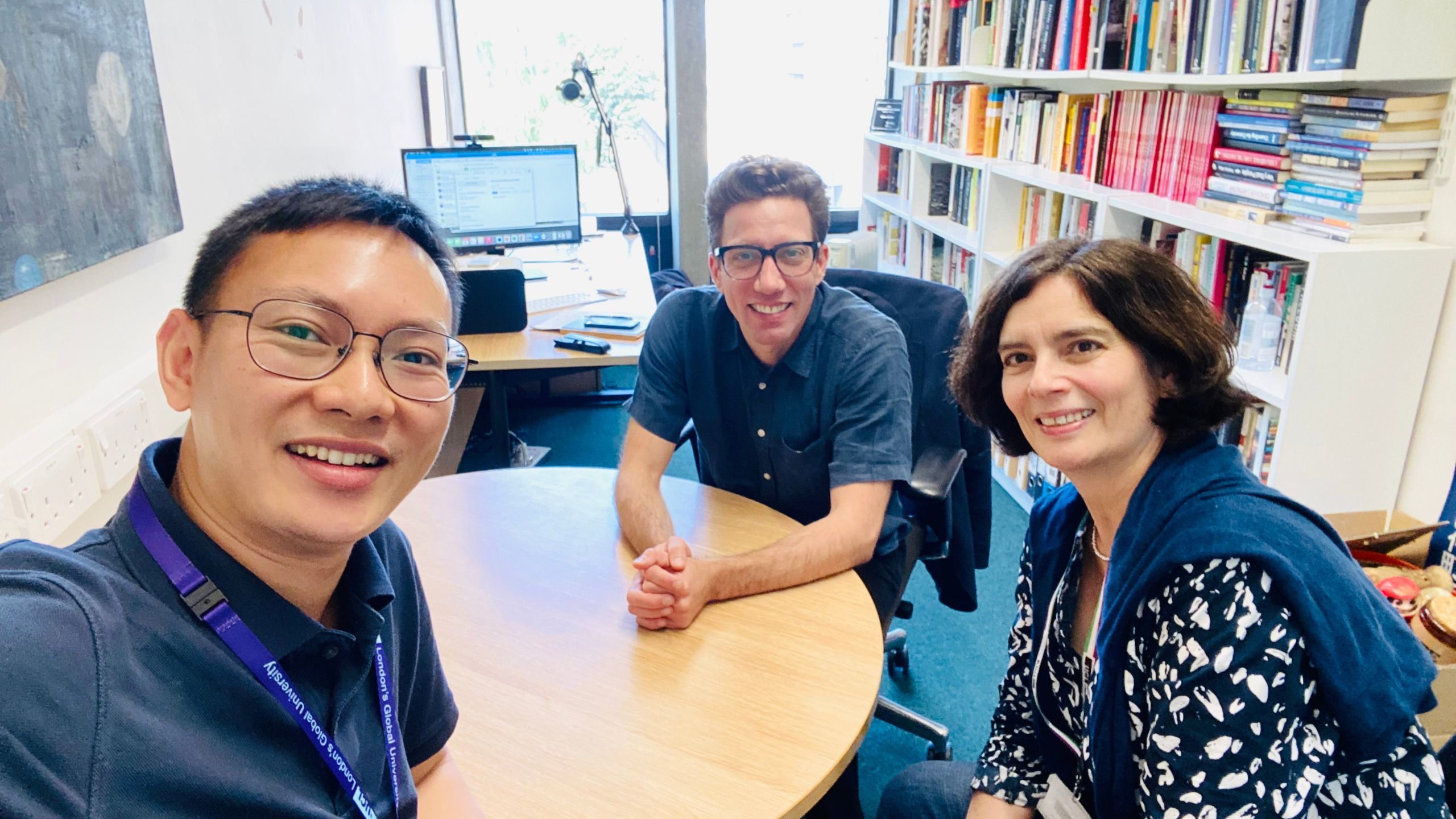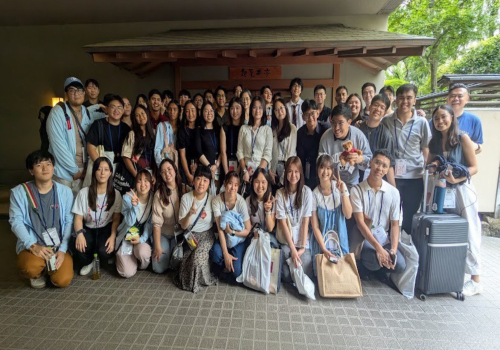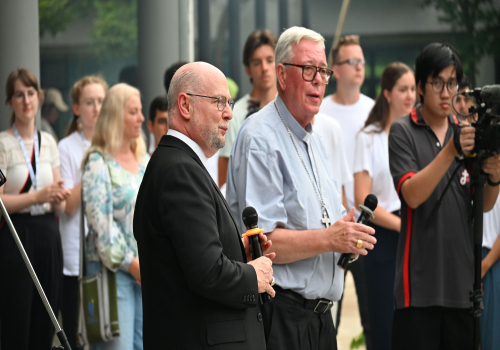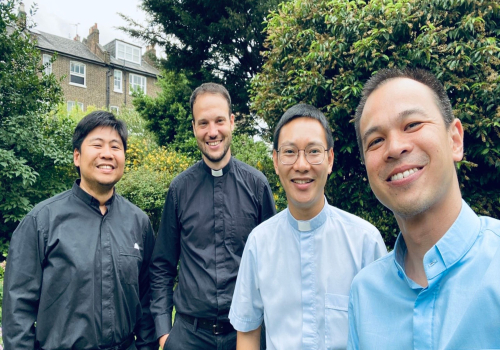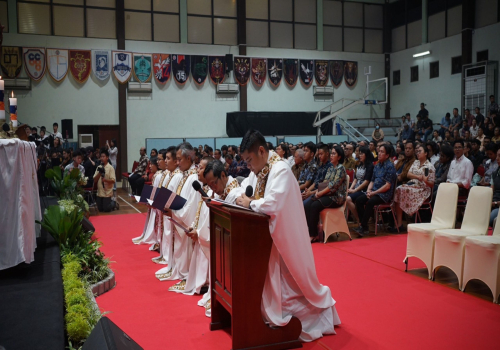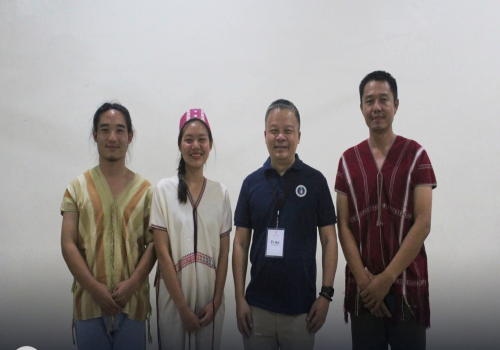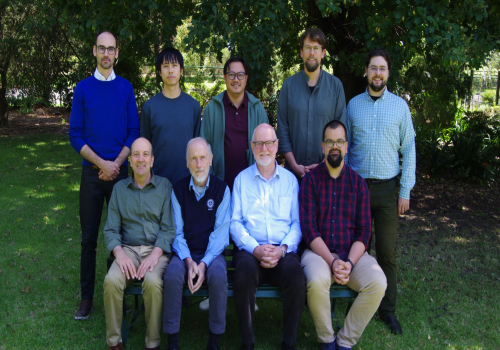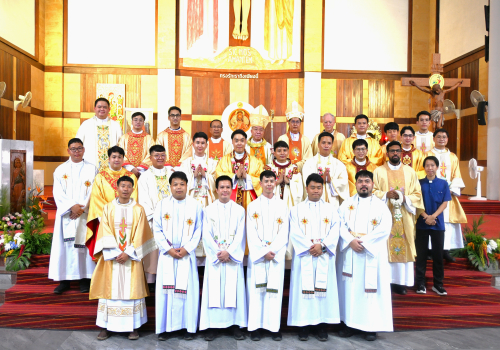For almost five years, I have been studying in London, UK. I remember that I arrived in the UK on 27th September 2020, the ‘birthday’ anniversary of the Society of Jesus (The Jesuit Order was founded on the same day in 1540). It was a challenging period, as the COVID-19 pandemic had been continually circulating and causing fears and uncertainties in people’s lives worldwide. Although England was under strict lockdown at the time, I enjoyed staying with my Jesuit companions at Copleston House, a Jesuit residence in northern London. This house is dedicated to Fr. Frederick Clopleston SJ, a renowned English Jesuit Philosopher. We cheerfully helped each other take care of the house and prepare meals.
My mission in the UK is to pursue my studies at the Institute of Education (IOE) at the University College London (UCL). I started with an MA programme in Philosophy of Education. This programme lasted about a year and consisted of three intense terms. Even though the courses were online due to the pandemic, the lecturers provided all students with excellent reading materials and encouraged us to exchange our thoughts and ideas critically. In the final term, I wrote a dissertation entitled, ‘How can Teachers enable Students to Learn How to Think?’. This writing is based on Hannah Arendt’s philosophical thought.
Following the MA, I continue with the PhD programme in Education. After a year and a half of exploring a variety of literature and having ‘an upgrade exam’ (a proposal defence), I came up with my research, ‘Critical Thinking as Detachment: A Conversation with Hannah Arendt and Buddhadāsa in Education’. Inspired by the dialogue between these two traditions of thought, the research focuses on how students can develop their independent and meaningful space of thinking amid the increasing external influences in school (e.g. politics, the market, violence). Throughout this process, I have regularly exchanged ideas with my supervisors at UCL, as well as with other scholars, during Seminars and Conferences.
Reflecting on these five years, I have found that this PhD journey has significantly transformed me as a Jesuit. There are three things to which I am grateful. First, I learn that my mission of study is impossible without being rooted in God’s love, primarily through prayers and the Eucharist. As a PhD journey is often solitary (‘being alone’ to sit and to write), I cannot avoid the experience of loneliness and anxiety. Spiritual life, therefore, helps me overcome this challenge. Moreover, I deeply appreciate my Jesuit brothers in the UK, who ensure that I receive all the support I need. Despite our cultural differences, they give me great examples of how to live up to the mission with passion and commitment. Ultimately, the apostolate (e.g. celebrating Mass and hearing confessions) provides me with a profound sense of being a Jesuit priest. It is wonderful that while being busy with my ‘study’ (head), many people I meet in my apostolate remind me of my ‘love’ (heart) and ‘service’ (hand) matter too.
And my heart is filled with gratitude for all of these!
( Fr. Nopparat Ruankool SJ )
